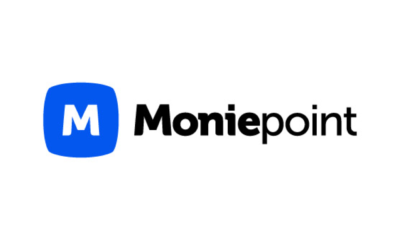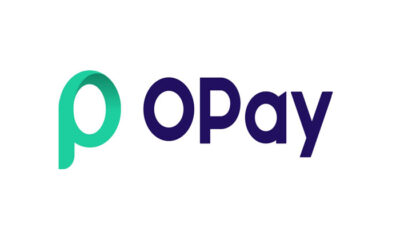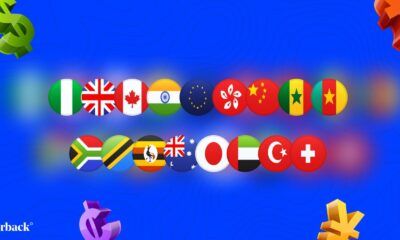The global development of Financial Technology (FinTech) has necessitated mobile network providers to drive financial inclusion in Nigeria.
The incursion of telecommunication companies into the financial services space has been a laudable development for stakeholders in the technology sector. A large number of them believe that these telecommunication companies have what it takes to bank the unbanked across the country.
Investors King gathered that two of the largest mobile networks in Nigeria, during the past week, commenced the operation of their Payment Services.
MTN, in its official statement, revealed that Nigerians will enjoy easy to use, accessible, and affordable financial services through its MoMo wallet.
On the same day, Airtel Africa also announced that it will roll out the full operation of its PSB SmartCash.
Airtel Group Chief Executive Officer, Segun Ogunsanya assured that SmartCash will help further digitise the economy and most importantly, help bank the unbanked by reaching the millions of Nigerians who do not currently have access to financial services by delivering current and savings accounts, payment and remittance services, debit and prepayment cards and more sophisticated services.
“SmartCash Payment Service Bank Limited (‘SmartCash PSB’) Services will initially be available at selected retail touchpoints, and operations will be expanded gradually across the country over the next few months,” Ogunsanya said.
What the CBN wants
The Central Bank of Nigeria has since, within the past years, intensified its commitment to ensuring a satisfactory financial inclusion rate in Nigeria. The apex bank released a supervisory framework for the operation of these payment service banks.
In 2018, CBN introduced a new type of banking license,the Payment Service Banks (PSBs), with the aim of leveraging the strengths of businesses such as mobile network operators while maintaining a bank-led rather than a telecoms-led banking model.
“The Payment Service Banks are expected to leverage on technology to provide services that would be easily accessed by the unbanked population and those who are in hard-to-reach areas of the country,” CBN said.
It is expected that through this development, Nigeria should attain the desirable height in terms of financial inclusion.
Currently, according to the data obtained by Investors King from Enhancing Financial Innovation and Access (EFInA), over four million (4,682,492) Nigerians have been financially included through its funded grant projects, including 2 million women.
Recall that the overall financial inclusion target was 80 percent by 2020, while adult Nigerians with access to payment services was to increase from 21.6 percent in 2010 to 70 per cent in 2020.
However, by the end of 2020, EFInA data shows that only 64 per cent of Nigerian adults were financially included, a report said.
This means that 36 per cent of Nigerian adults, or 38 million adults, remained completely financially excluded as at 2020.
According to the Apex Bank, the key objective of issuing PSB licenses is to boost financial inclusion especially in rural areas and facilitate transactions.
What Financial Inclusion means to Nigerians
Financial inclusion means that people have access to basic financial services like a savings account, credit and insurance. A higher exclusion rate in Nigeria could lead to a poorer population as lack of access to credit and insurance puts them at an economic disadvantage.
Financial inclusion is a strong lever for bridging income inequality, combating poverty and preserving social harmony. The CBN has accordingly been at the forefront of the efforts to drive financial inclusion in Nigeria by championing the development & implementation of Nigeria’s National Financial Inclusion Strategy led by the CBN Governor.
The Deputy Governor and Chair of the Financial Inclusion Technical Committee, had once said that the next phase of financial inclusion in Nigeria is to bank the unbanked women, bridging the inequalities in the sector.
Despite progress achieved to date, critical groups remained excluded, including women, rural dwellers and citizens in the northern area. To address the issue with women, CBN launched a Framework for Advancing Women’s Financial Inclusion in Nigeria in 2020.
The CBN is also leading the industry to implement the framework, which is expected to lead to significant increase in women financial inclusion in Nigeria.
By all indications, there is no certainty of meeting the 2020 financial inclusion targets until around 2030.
However, Nigeria can build on this initial progress and drive faster financial inclusion growth through digital financial services like mobile money, by creating an open and level playing field for a wide range of providers, creating the right environment for fintech to thrive, and encouraging partnerships between different providers.


 Naira3 weeks ago
Naira3 weeks ago
 News4 weeks ago
News4 weeks ago
 Naira4 weeks ago
Naira4 weeks ago
 Naira3 weeks ago
Naira3 weeks ago
 Jobs3 weeks ago
Jobs3 weeks ago
 Travel3 weeks ago
Travel3 weeks ago
 Naira3 weeks ago
Naira3 weeks ago
 Investment4 weeks ago
Investment4 weeks ago




























